Distinctly Classical
A Brief History
“A case for Classical Education essentially defends itself”
Classical Christian Jr. Kinder – 12th Grade
Classical Christian Education
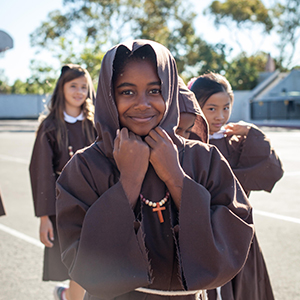
Grammar Stage
Grades Jr. K-6th
The primary goal for our Grammar school is to build foundations with great intentionality, cultivate wonder for the beauty and order of God and His creation, and delight in the true, good, and beautiful. Every aspect of the student and families’ educational experience has been intentionally cultivated over time and refined every year.
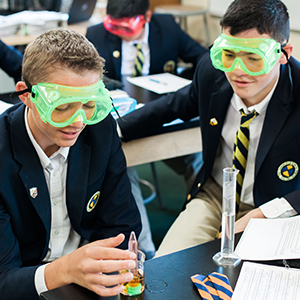
Logic Stage
Grades 7th & 8th
When children become naturally argumentative, the Logic stage teaches students to engage in debate and discussions thoughtfully and charitably. Students are taught Socratically and are trained in Informal and Formal Logic. This Logical training spans all disciplines and is cultivated in tandem with humility, charity, and virtue.
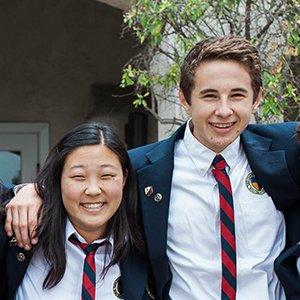
Rhetoric Stage
Grades 9th-12th
The culmination of a slow and intentional education, the Rhetoric stage introduces greater nuance and further complication to the foundational skills gained in the previous stages. This Rhetorically oriented education strives to cultivate students who are fluent in multiple literacies and equipped to thoughtfully dialogue with the many competing voices around them.
Time-tested
What do Thomas Aquinas, Augustine of Hippo, Martin Luther and George Washington all have in common? They were educated through a distinctly classical model of education. In fact, many of the world’s great authors, statesmen, scientists and politicians were classically educated. That’s why we chose this method that has been proven over the past 1500 years.
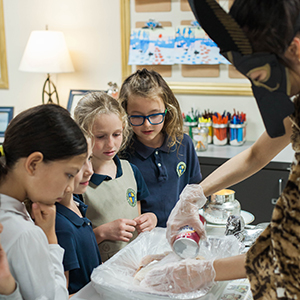
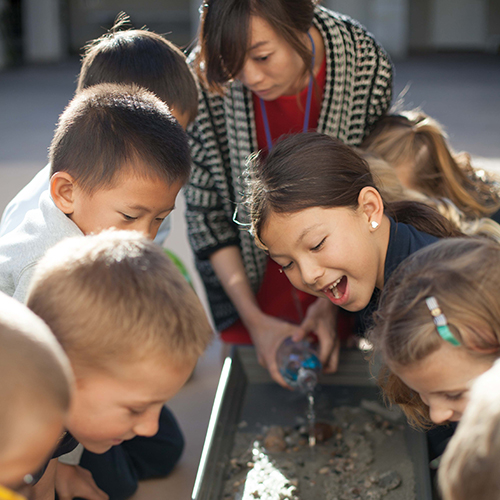
It Works!
The classical method was born in ancient Greece and Rome, was used throughout the Western world by the 16th century, and remained the norm until at least 1850. The reason for its widespread use? It works. With its preoccupation with measurable and speedy results, modern education theory has abandoned classical theory for more scientific methodologies. Ironically, students trained classically score in the top 10% of students nationally.
Tools of Learning
Modern education has generally put the proverbial cart before the horse, expecting students to master a great number of specialized subjects before they have mastered essential learning skills. In contrast, classical education strives first and foremost to impart to its students the “tools of learning”—skill in knowledge, skill in logical analysis, and skill in oral and written communication. These tools are then applied to specific subject matter until they are mastered. This set of intellectual skills that form the basis for classical education is the kind of broadly foundational education that will give students the freedom to pursue any career path they desire, thus living up to its name as the “liberal” (or freeing) arts. Only among classical schools in San Diego will you find these tools of learning so emphasized.
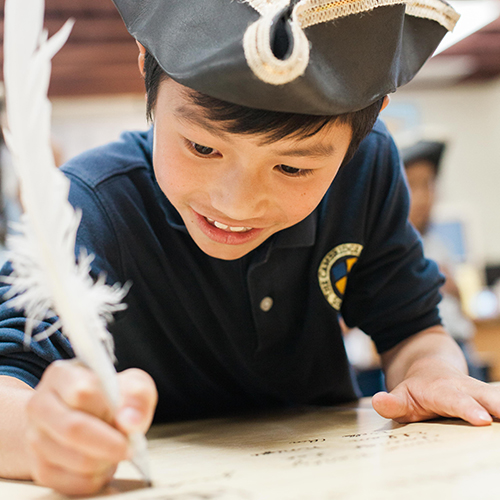
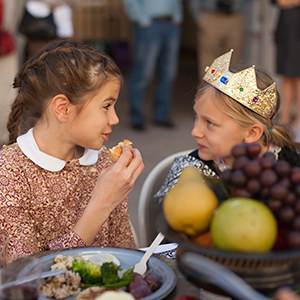
Historically Integrated
Classical education uses history – from ancients to moderns — as its organizing theme. Other subject areas are linked to history. For example, a student studying ancient Greece in history will read the literature of ancient Greeks, such as The Iliad and The Odyssey, works of ancient poet Homer. Art class might focus on drawing perspective using examples of classical Greek architecture. Related math and science topics could include a discussion of prolific Greek mathematician Archimedes’ inventions. While history is the backbone of a classical education, no core subject is neglected. In fact, among classical schools in San Diego, The Cambridge School offers the most diverse curriculum in the country including mandarin, music, art, Latin, PE, history, science, reading, writing, mathematics, social studies, and more….
Language-based
With a classical education, students learn through written and spoken words instead of through images such as pictures and videos. Such language-based learning requires the mind to work harder. Much modern education is so eclectic that students have little opportunity to make connections between past events and the flood of current information. Classical schoolmaster David Hicks writes that the classical curriculum allows even the youngest student a chance to make connections and exercise his mind in a scholarly way. Since language is the doorway to communication in any culture, The Cambridge School not only teaches English, but also Latin and Mandarin as keys for unlocking Western and Eastern languages.
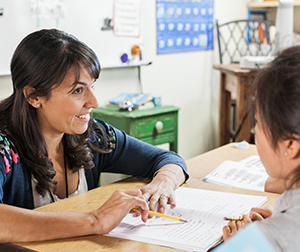
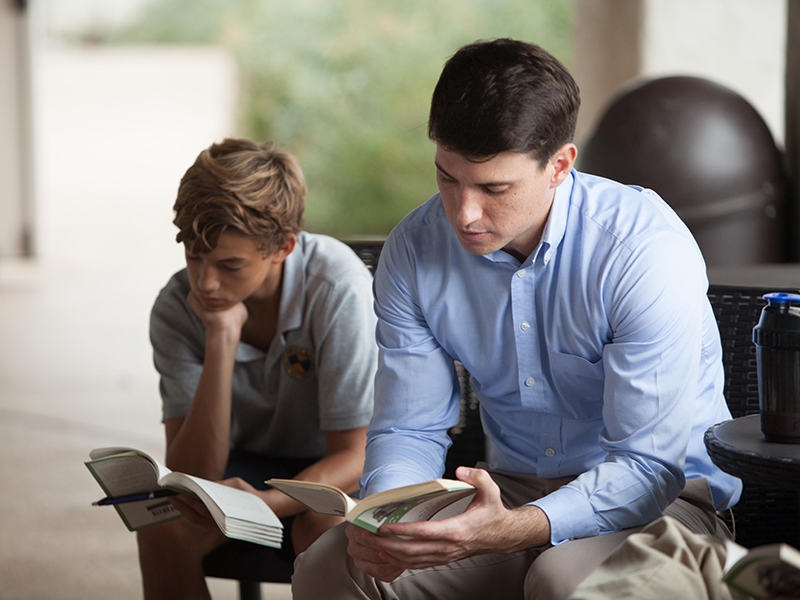
Age-appropriate
Classical education follows a three-part pattern known as the trivium: the mind first must be supplied with facts; then given the logical tools for organizing those facts; and finally equipped to express conclusions. The trivium is based on a developmental view of the learner—that children develop in stages and that teaching should be tailored to each stage. Therefore, classical education works because it focuses on the way children learn best at each stage of life, then builds on the foundation of previous stages.
Read more about the 3 stages of the Trivium
See Our Embodied Education In Action
We are excited to show you what this educational experience looks like. Meet our Living Curriculum teachers, interact with our vibrant students, and learn more about your family's place in this community of faith and learning.
